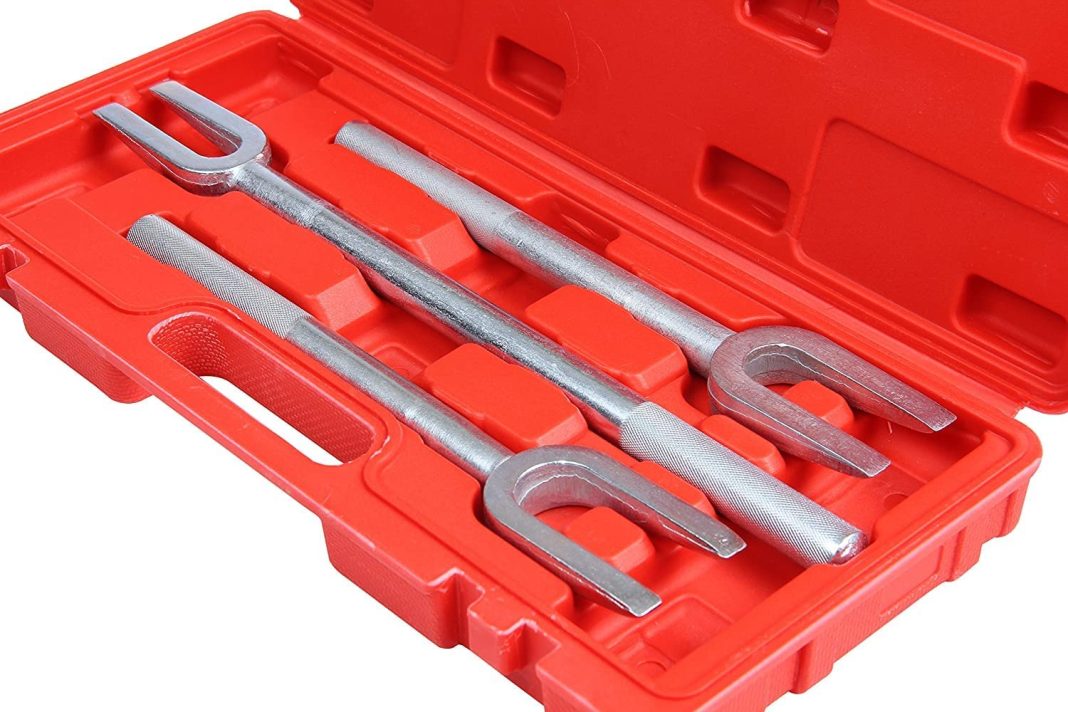In many industries and applications, the need for separating materials or substances is crucial. This is where the separator tool comes in handy. A separator tool is a device or machine that separates different substances, such as liquids or gases, from each other based on their physical properties. Separator tools are used in a variety of industries, including oil and gas, food processing, pharmaceuticals, and more. In this article, we will take a closer look at the separator tool and its various applications.
Types of Separator Tools
There are several types of separator tool available, each with its unique features and functions. The most common types of separator tools include:
- Centrifugal Separators – This type of separator uses centrifugal force to separate materials based on their density. The denser material moves towards the outside of the machine, while the less dense material remains near the center.
- Magnetic Separators – These separators use magnets to separate ferrous and non-ferrous materials.
- Gravity Separators – Gravity separators use the force of gravity to separate materials based on their density. The denser material sinks to the bottom, while the less dense material floats to the top.
- Cyclone Separators – Cyclone separators use centrifugal force to separate materials based on their size and shape. The larger, heavier particles are separated from the smaller, lighter particles.
Applications of Separator Tools Separator tools are used in various industries for a variety of purposes. Below are some of the most common applications of separator tools:
- Oil and Gas Industry – Separator tools are commonly used in the oil and gas industry to separate crude oil into different components, such as gas, oil, and water. This is crucial in the refining process, as each component has different uses and values.
- Food Processing Industry – Separator tools are used in the food processing industry to separate different food components, such as milk, cream, and butter. This is done to ensure that each component is of high quality and purity.
- Pharmaceutical Industry – Separator tools are used in the pharmaceutical industry to separate different chemical compounds, such as active ingredients and impurities. This is crucial to ensure that the final product is safe and effective.
- Mining Industry – Separator tools are used in the mining industry to separate minerals from each other based on their density. This is done to ensure that each mineral is of high purity and quality.
Advantages of Separator Tools
There are several advantages to using separator tools in various industries. Some of the most significant advantages include:
- Increased Efficiency – Separator tools can help increase efficiency in various industries by separating different components quickly and accurately. This helps to reduce processing time and improve the overall production process.
- Improved Quality – Separator tools can help improve the quality of various products by separating different components accurately and efficiently. This is crucial in industries such as pharmaceuticals and food processing, where purity and quality are essential.
- Cost-Effective – Separator tools can be a cost-effective solution for various industries, as they can reduce processing time, increase efficiency, and improve product quality. This can help companies save money in the long run.
- Environmental Benefits – Separator tools can have environmental benefits, as they can help reduce waste and improve the recycling process. This is crucial in industries such as mining, where waste reduction is essential.
In conclusion
Separator tools are essential devices used in various industries to separate different materials based on their physical properties. Separator tools come in various types, including centrifugal separators, magnetic separators, gravity separators, and cyclone separators. Separator tools are used in several industries, including oil and gas, food processing, pharmaceuticals, and mining. The advantages of using separator tools include increased efficiency, improved quality, cost-effectiveness, and environmental benefits. Overall, separator tools play a crucial role in many

